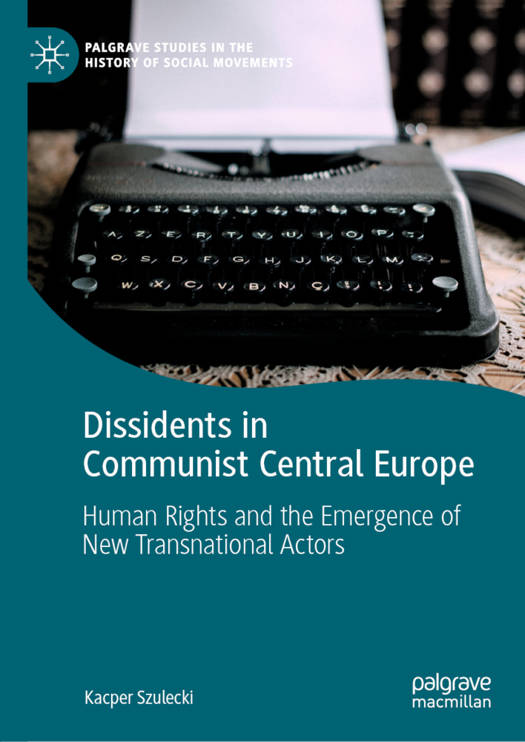
Bedankt voor het vertrouwen het afgelopen jaar! Om jou te bedanken bieden we GRATIS verzending (in België) aan op alles gedurende de hele maand januari.
- Afhalen na 1 uur in een winkel met voorraad
- In januari gratis thuislevering in België
- Ruim aanbod met 7 miljoen producten
Bedankt voor het vertrouwen het afgelopen jaar! Om jou te bedanken bieden we GRATIS verzending (in België) aan op alles gedurende de hele maand januari.
- Afhalen na 1 uur in een winkel met voorraad
- In januari gratis thuislevering in België
- Ruim aanbod met 7 miljoen producten
Zoeken
Dissidents in Communist Central Europe
Human Rights and the Emergence of New Transnational Actors
Kacper Szulecki
€ 152,95
+ 305 punten
Uitvoering
Omschrijving
This monograph traces the history of the dissident as a transnational phenomenon, exploring Soviet dissidents in Communist Central Europe from the mid-1960s until 1989. It argues that our understanding of the transnational activist would not be what it is today without the input of Central European oppositionists and ties the term to the global emergence and evolution of human rights. The book examines how we define dissidents and explores the association of political resistance to authoritarian regimes, as well as the impact of domestic and international recognition of the dissident figure. Turning to literature to analyse the meaning and impact of the dissident label, the book also incorporates interviews and primary accounts from former activists. Combining a unique theoretical approach with new empirical material, this book will appeal to students and scholars of contemporary history, politics and culture in Central Europe.
Specificaties
Betrokkenen
- Auteur(s):
- Uitgeverij:
Inhoud
- Aantal bladzijden:
- 242
- Taal:
- Engels
- Reeks:
Eigenschappen
- Productcode (EAN):
- 9783030226121
- Verschijningsdatum:
- 18/09/2019
- Uitvoering:
- Hardcover
- Formaat:
- Genaaid
- Afmetingen:
- 148 mm x 210 mm
- Gewicht:
- 585 g

Alleen bij Standaard Boekhandel
+ 305 punten op je klantenkaart van Standaard Boekhandel
Beoordelingen
We publiceren alleen reviews die voldoen aan de voorwaarden voor reviews. Bekijk onze voorwaarden voor reviews.









